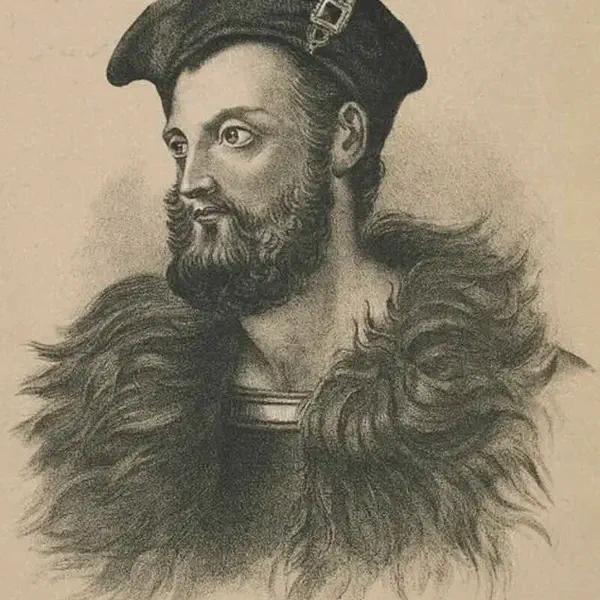
Owen Roe O'Neill
July 08, 1642
Owen Roe O’Neill (Irish: Eoghan Ruadh Ó Néill; c. 1585 – 1649) was a Gaelic Irish soldier and one of the most famous of the O’Neill dynasty of Ulster.
O’Neill left Ireland at a young age and spent most of his life as a mercenary in the Spanish Army serving against the Dutch in Flanders during the Eighty Years’ War.
After the Irish Rebellion of 1641, O’Neill returned and took command of the Irish Confederate Ulster Army. He is known for his victory at the Battle of Benburb in 1646.
The rebellion had broken out in autumn 1641, with the rebel leaders issuing the Proclamation of Dungannon declaring their aim of enhancing Catholic rights while declaring their continued loyalty to King Charles I. Despite a failed attempt to seize Dublin Castle, the rebels enjoyed success across Ulster and the uprising spread to other parts of the country. However, the rebels then suffered several defeats to the Royal Irish Army and the Scottish Covenanter Army in Ireland and by the time Eoghan Rua arrived the rising was increasingly in trouble.
Irish Confederate Wars
The subsequent war, known as the Irish Confederate Wars, was part of the Wars of the Three Kingdoms—civil wars throughout Britain and Ireland.
Because of his military experience, O’Neill was recognised on his return to Ireland, at Doe Castle in County Donegal on 8 July 1642, as the leading representative of the O’Neills and head of the Ulster Irish.
Sir Phelim O’Neill resigned the northern command of the Irish rebellion in Eoghan Rua’s favour and escorted him from Lough Swilly to Charlemont.
O’Neill’s later years were marked by infighting amongst the Confederates, and in 1647 he led his army to seize power in the capital of Kilkenny.
His troops clashed with rival forces of the Confederacy, leading to O’Neill forming a temporary alliance with Charles Coote’s English Parliamentary forces in Ulster.
He initially rejected a treaty of alliance between the Confederates and the Irish Royalists, but faced with the Cromwellian invasion he changed his mind.
Shortly after agreeing an alliance with the Lord Lieutenant of Ireland Ormond, in which he was promised an Earldom, he died on Tuesday, 6 November 1649.